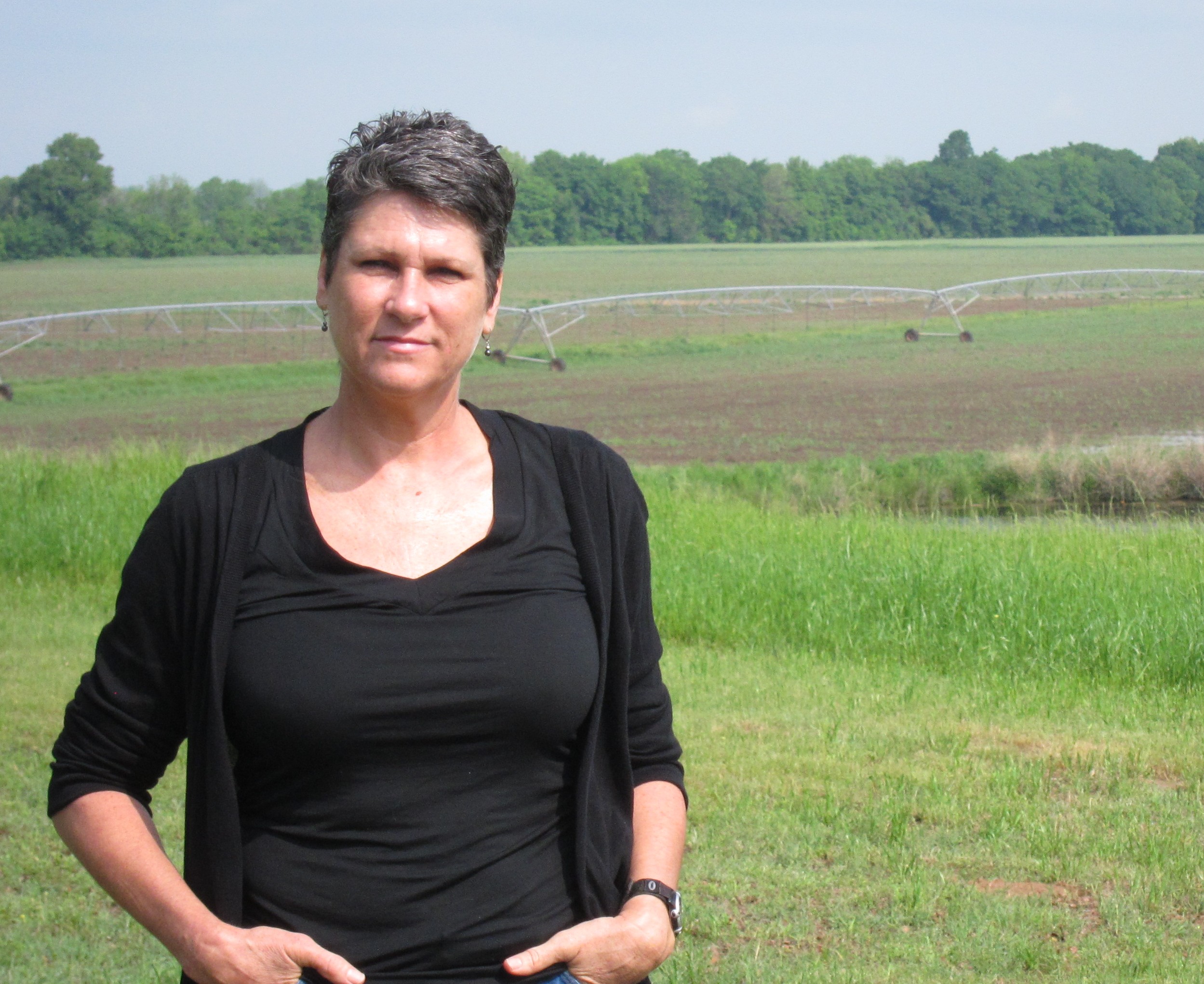Some Answers (and More Questions) About the Reporters Detained Covering Keystone XL Protests

Photo by Tom Pennington/Getty Images
Pipe is stacked at the southern site of the Keystone XL pipeline on March 22, 2012 in Cushing, Oklahoma.
Two reporters for The New York Times were detained Wednesday while covering protesters at the construction of the Keystone XL pipeline in Wood County in East Texas. The two reporters, Dan Frosch and Brandon Thibodeaux, who identified themselves as members of the media, were handcuffed by a pipeline company security guard and a local police officer. After ten minutes, the two were released, but told they had to leave the property or face arrest. They were on private property at the time at the invitation of the landowner.
When the incident first came to our attention, we emailed several questions to TransCanada, the company behind the Keystone XL pipeline. They sent a statement to the media (which you can read after the jump) that failed to address our questions, but promised they would get to them. After 24 hours, we now have some answers. And, inevitably, more questions.
TransCanada says the two Times reporters were in the pipeline’s right of way at the time of the arrest, and that they were detained by an off-duty police officer contracted to provide security for the pipeline construction.
The company has hired local police to provide security, but they point out that this doesn’t mean that the police officers cease to be authorities when working for the pipeline. Even when off-duty, as in this case, TransCanada says the police have the right to act as officers and detain and arrest people for violating the law. The off-duty police and private security are also coordinating with the Wood County sheriff’s department when making arrests, TransCanada says.
TransCanada’s statement (below) that the reporters were allowed to “resume their work in a safe area” seems to contradict the account given to StateImpact Texas by the Times, which said that the reporters were told to leave the private property or face arrest, so they complied and left the property.
TransCanada spokesperson David Dodson acknowledges the ambiguity of the situation. “The New York Times account is not incorrect,” he says. “When our [security] guy talked to the reporter … we were under the impression that he had been told by security, ‘Here’s where you can be.’ But that conversation took place the night before the incident.”
Dodson says it’s possible that the reporters were told not to just leave the right of way, but also the entire private property. “I’m pretty sure what he said was, ‘You need to get off the easement or risk arrest.’ But whether he said ‘property,’ I don’t know.” According to the law, reporters on private property at the invitation of landowners, staying outside of the pipeline’s right of way, should not be arrested.
Dodson also isn’t sure if the location where the two reporters were arrested was the same area where TransCanada’s security had told them they could be the previous evening. “There’s a considerable amount of fog around this,” he says.
Confusing the situation in East Texas is the fact that two individuals claiming to be freelance reporters who had camped out at the tree sit-in for a week were arrested the day before, according to the protest website Tar Sands Blockade.
We searched for any professional work by the two, Elizabeth Arce and Lorenzo Serna, and didn’t find anything. They have no bylines in Nexis, but web searches reveal they are part of the Occupy movement. So part of the issue here may be that some protesters were claiming to be journalists, confusing the situation. According to an account on Tar Sands Blockade, when Serna was arrested at the tree sit-in, he yelled ”I’m a journalist!.”
“There have been, on more than one occasion, where protesters have claimed to be journalists,” Dodson of TransCanada says. “And that has made us very sensitive to these claims.” Dodson says the influx of protesters at the pipeline construction is a safety issue, where trees are being felled and welding is taking place. “We don’t want to hurt anybody,” he says. “That’s the last thing we want.”
The two protesters were held in a Wood County jail overnight Tuesday and released Wednesday.
Here is TransCanada’s statement from yesterday afternoon in full:
“As for why TransCanada has security on the right of way:
The right-of-way is an active construction site, and only authorized personnel are able to go on this area. It is important to us that all of our worksites are safe and our workers go home safe each and every day.
TransCanada does not make the laws, enforce them or provide direction to law enforcement about how to carry out their duties to the people of Wood County. If individuals choose to trespass and not leave when instructed by law enforcement, they leave them with no choice but to take action. Anti-pipeline activists are tying up Wood County’s scarce law enforcement resources that would be better utilized on patrol and crime prevention activities.
Yesterday, four individuals attempted to come onto the right-of-way. Two individuals claiming to be journalists would not identify themselves to law enforcement and left the area. Law enforcement then confirmed that two others were legitimate journalists, and let them resume their work in a safe area. We truly appreciate their understanding. TransCanada has encountered a number of people claiming to be journalists who are in fact professional activists. Producing valid credentials to be on private property is not asking too much, especially when these activist groups seem more focused on breaking the law and preventing thousands of hard-working Americans from building this pipeline and providing for their families than they do in respecting the fact that TransCanada has the legal authority to build this pipeline.
Our only issue with where media and others can go is on the right-of-way, as noted above. If legitimate media are interested in viewing the site, we encourage them to contact us so we can work with them to make sure they are able to do so from a safe area.”



